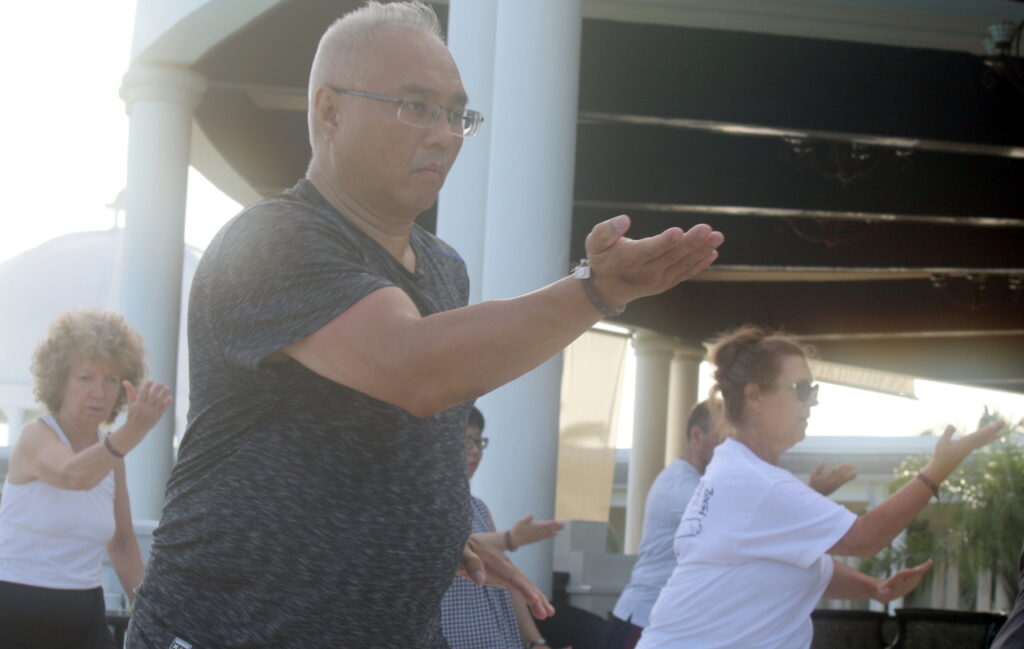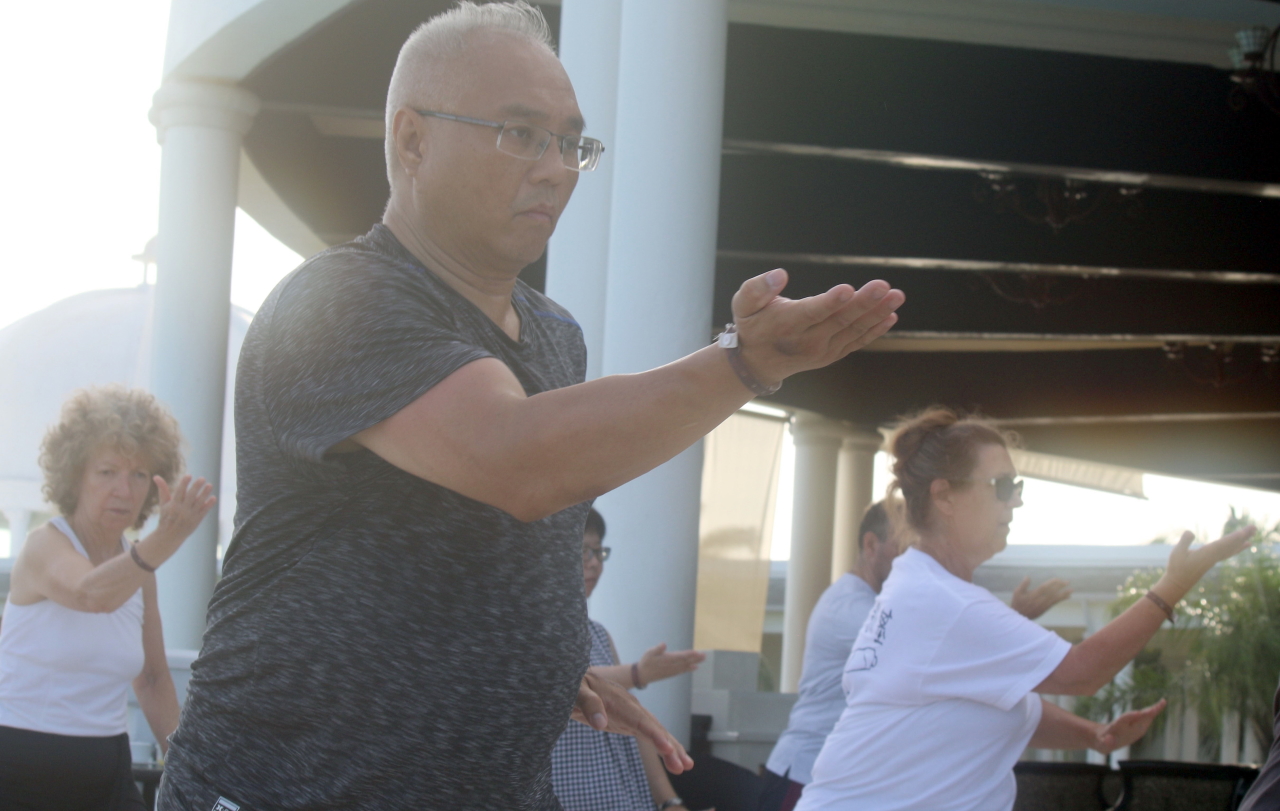As we age, hypertension or high blood pressure becomes an increasing health concern among Canadians. When we are younger, a little extra weight does not affect us too much but statistics show that it does catch up with us as we age.
In fact, 53% of Canadians aged 60 – 79 years of age have been diagnosed by a health care professional as having hypertension. About 24% of people aged 40 – 59 years of age are considered hypertensive. And, surprisingly, 18% of Canadians are completely unaware that they have hypertension.
With so many people affected, we should each try to understand how it will affect us and how to prevent hypertension becoming a health issue in our lives.
High Blood Pressure Affects Our Health
For the most part, hypertension goes unnoticed for a long time before we may notice the effects. However, it affects some of our most vital organs and systems including:
- Arteries including aneurysms
- Heart including heart failure
- Brain including strokes & dementia
- Kidneys including kidney failure
- Eyes including nerve damage and loss of vision
- Sexual Dysfunction including erectile dysfunction
- Bone Loss including osteoporosis
- Sleep Apnea
Knowing how we can keep our blood pressure within a healthy range is important to living a healthy and high quality of life.
The Factors that Increase Our Risk of Hypertension
To prevent hypertension, we need to know the risk factors and start modifying our lifestyle to minimize our risk. Here are the key factors which increase our risk of high blood pressure:
- An unhealthy diet
- Lack of exercise
- Being overweight
- Smoking
- Excessive alcohol
- Drug Use
- Stress
- Birth control or hormone replacement therapy
These are all factors we can control. As the statistics show, we cannot affect age which increases our risk; and family genetics which also plays a role in our risk of hypertension.
Managing Hypertension
There are many ways to manage and treat hypertension. Depending on the severity of the condition and personal choice, it can include one or more of the following:
- Prescribed Medication
- Herbal Medicines or Supplements
- Diet and Lifestyle changes
- Natural Therapies
Regardless of which method you choose to manage your hypertension, regular exercise is always one of the things your doctor will recommend.
About Qi Gong and Tai Chi

Qi Gong is an ancient Chinese health practice that dates back a few thousand years. It uses simple movements combined with breathing and meditation to regulate the flow of Qi or life force in our body. It is believed that illnesses are caused by blockages in our qi flow and the practice of qi gong aims to cultivate the free flow of qi throughout our body.
Tai Chi is a Chinese internal martial art that dates back just over 300 years. The principles of Tai Chi are based on the philosophy of Yin and Yang, where everything must exist in balance of each other. Tai Chi acquired the nickname “Moving Meditation” as its movements require a focus of the mind, inner peace, balance, relaxed muscles and natural posture alignment.
Even though the roots of Qi Gong and Tai Chi are quite different, they share a few common traits that make them both excellent exercises for anyone to start their journey towards a healthier mind and body.
- Slow, controlled and low impact movements make it relatively safe and suitable even for those recovering from physical injuries, illnesses or just having a low fitness level to start with.
- A calm mind, gentle breathing and relaxed muscles help reduce stress and anxiety, an important factor to managing hypertension.
- The mental visualization and focused awareness of the task at hand provides the meditative nature of these exercises.
Qi Gong and Tai Chi Helps Reduce High Blood Pressure
In a meta-analysis of studies done on the effectiveness and safety of qi gong as a way to reduce hypertension, it shows that qi gong is an effective therapy. Compared to antihypertensive drugs or aerobic exercise, it is comparable in effectiveness. So, if you are looking to avoid medications and the adverse side effects of medications, exercise is the alternative. So, for many reasons, people find the calmer and slower qi gong or tai chi to be preferable.
Often, people join the qi gong and tai chi programs at our studio because their doctors recommended it. A common theme is that a heart condition makes aerobic exercise too strenuous as a first step out of a sedentary lifestyle. Tai chi and qi gong reduces stress and provides a calming effect while working up a sweat without the high intensity of aerobics. When people realize that they receive all these benefits from practicing with us, they tend to stay and continue on even as their fitness levels improve. In part, this is also due to the social nature of tai chi and the community built up over time at the studio.
The low intensity yet social nature of qi gong and tai chi are attractive to people in their 40’s, 50’s, 60’s and beyond. These are the prime years for increased risk of hypertension so both qi gong and tai chi make a good match for people recently diagnosed or currently managing high blood pressure.
Qi Gong versus Tai Chi

While both Qi gong and Tai Chi are effective, each experience can be quite different and therefore qi gong and tai chi may appeal to different people.
Qi gong movements are easier and do not require stepping away too far from one spot. Some qi gong exercises can even be done sitting down. Once a move is learned, the same move is repeated multiple times before moving on to the next move. In general it is much simpler to learn and remember compared to tai chi, there is also a kind of synergy of Qi when practicing qi gong together in a group.
Tai Chi involves a continuous sequence of different movements strung together and the complete routine can be over 80 moves. Learning and remembering the entire sequence of movements will take time and the understanding of principles behind the moves makes it even more challenging. So the learning curve is much steeper than qi gong but the rewards are more fulfilling.
While it is easier and quicker to ramp up and become accomplished in qi gong so you can experience some of its benefits sooner, the repetitive nature of the exercise may make it seem mundane after a while.
Tai Chi with its deeper philosophical roots will take longer to learn before you are fluent with the movements and feel accomplished with a tai chi form. But, the deep and complex nature of the practice makes it intriguing so you are continuously challenged and constantly discovering nuances that makes it a lifelong pursuit. The physical benefits start from day one and progress from experiencing health benefits ideal for reducing the effects of high blood pressure to achieving good overall well-being and health.
Practice both Qi Gong and Tai Chi at the same time to maximize the benefits offered by these treasured practices from the Chinese culture.



